Enchanting Taiwan (台灣風土的魅力) is a retrospective on the life, painting and writing of prolific artist and art critic Lin Hsin-yueh (林惺嶽). The show seeks to illuminate an artist who dabbled in many styles, but always remained enchanted with Taiwan’s landscapes and local culture. It’s structured in three sections.
The first part presents 138 of his oil and watercolor paintings that were produced from the 1960s up to 2012. It provides an overview of his entire artistic career, from the early avant-garde and surreal works to his more recent vibrant landscapes. Four of the oil paintings — Returning Home (1998), Blessed Hualien (2010), Formosan Landlocked Salmon (2011) and Glory of the God Tree Forest (2012) — are shown to the public for the first time.
The other sections seek to contextualize Lin’s thought with documents by or about the artist, and includes a biographical timeline (in Chinese and English), several exhibition catalogs and art reviews (Chinese) written over his 50-year career, and rare articles such as hand-written drafts of his compositions. The exhibition also features a documentary, The Boundless River, on the artist’s life.
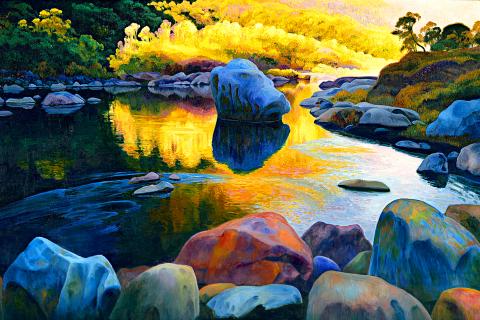
Photo Courtesy of TFAM
■ Taipei Fine Arts Museum (TFAM,台北市立美術館), 181, Zhongshan N Rd Sec 3, Taipei City (台北市中山北路三段181號), tel: (02) 2595-7656. Open Tuesdays to Sundays from 9:30am to 5:30pm and until 8:30pm on Saturdays. Admission: NT$30
■ Until May 5
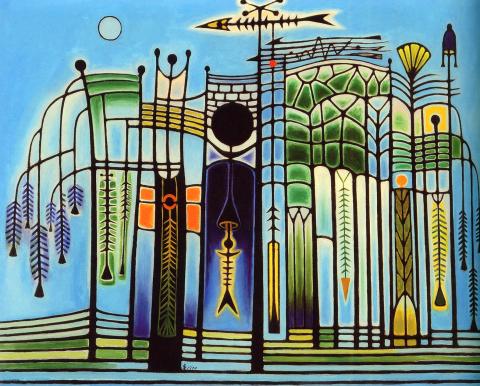
Photo Courtesy of TFAM
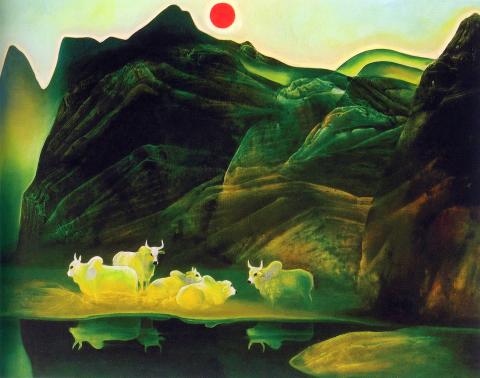
Photo Courtesy of TFAM
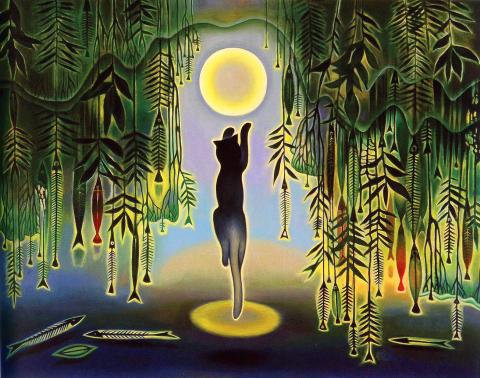
Photo Courtesy of TFAM
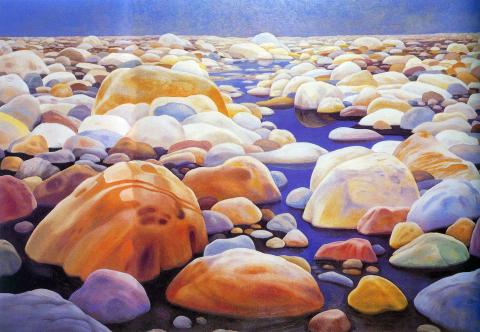
Photo Courtesy of TFAM
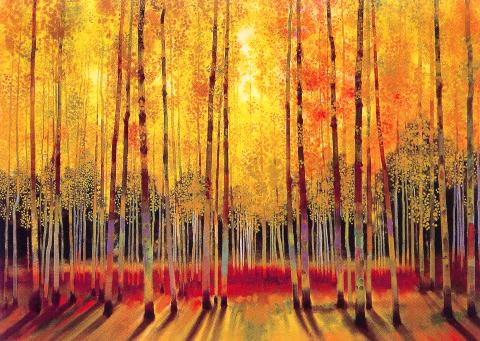
Photo Courtesy of TFAM
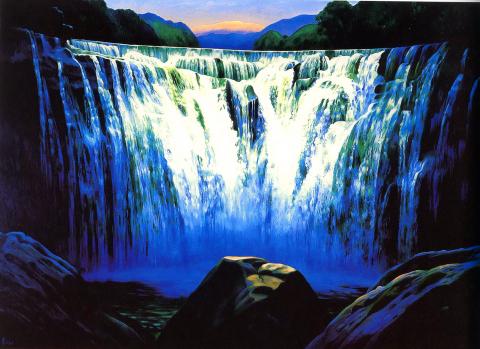
Photo Courtesy of TFAM
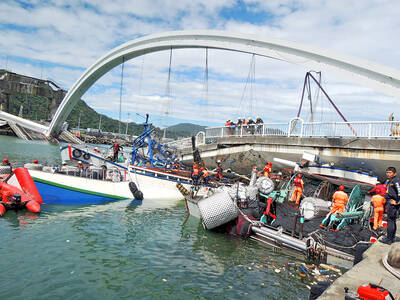
Before the recall election drowned out other news, CNN last month became the latest in a long line of media organs to report on abuses of migrant workers in Taiwan’s fishing fleet. After a brief flare of interest, the news media moved on. The migrant worker issues, however, did not. CNN’s stinging title, “Taiwan is held up as a bastion of liberal values. But migrant workers report abuse, injury and death in its fishing industry,” was widely quoted, including by the Fisheries Agency in its response. It obviously hurt. The Fisheries Agency was not slow to convey a classic government

It was on his honeymoon in Kuala Lumpur, looking out of his hotel window at the silvery points of the world’s tallest twin skyscrapers, that Frank decided it was time to become taller. He had recently confessed to his new wife how much his height had bothered him since he was a teenager. As a man dedicated to self-improvement, Frank wanted to take action. He picked up the phone, called a clinic in Turkey that specializes in leg lengthening surgery — and made a booking. “I had a lot of second thoughts — at the end of the day, someone’s going

Not long into Mistress Dispeller, a quietly jaw-dropping new documentary from director Elizabeth Lo, the film’s eponymous character lays out her thesis for ridding marriages of troublesome extra lovers. “When someone becomes a mistress,” she says, “it’s because they feel they don’t deserve complete love. She’s the one who needs our help the most.” Wang Zhenxi, a mistress dispeller based in north-central China’s Henan province, is one of a growing number of self-styled professionals who earn a living by intervening in people’s marriages — to “dispel” them of intruders. “I was looking for a love story set in China,” says Lo,
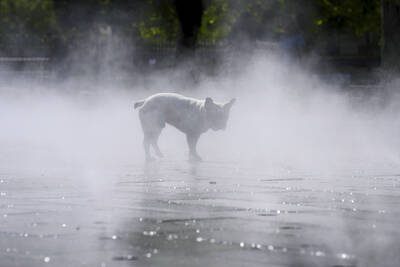
It turns out many Americans aren’t great at identifying which personal decisions contribute most to climate change. A study recently published by the National Academy of Sciences found that when asked to rank actions, such as swapping a car that uses gasoline for an electric one, carpooling or reducing food waste, participants weren’t very accurate when assessing how much those actions contributed to climate change, which is caused mostly by the release of greenhouse gases that happen when fuels like gasoline, oil and coal are burned. “People over-assign impact to actually pretty low-impact actions such as recycling, and underestimate the actual carbon